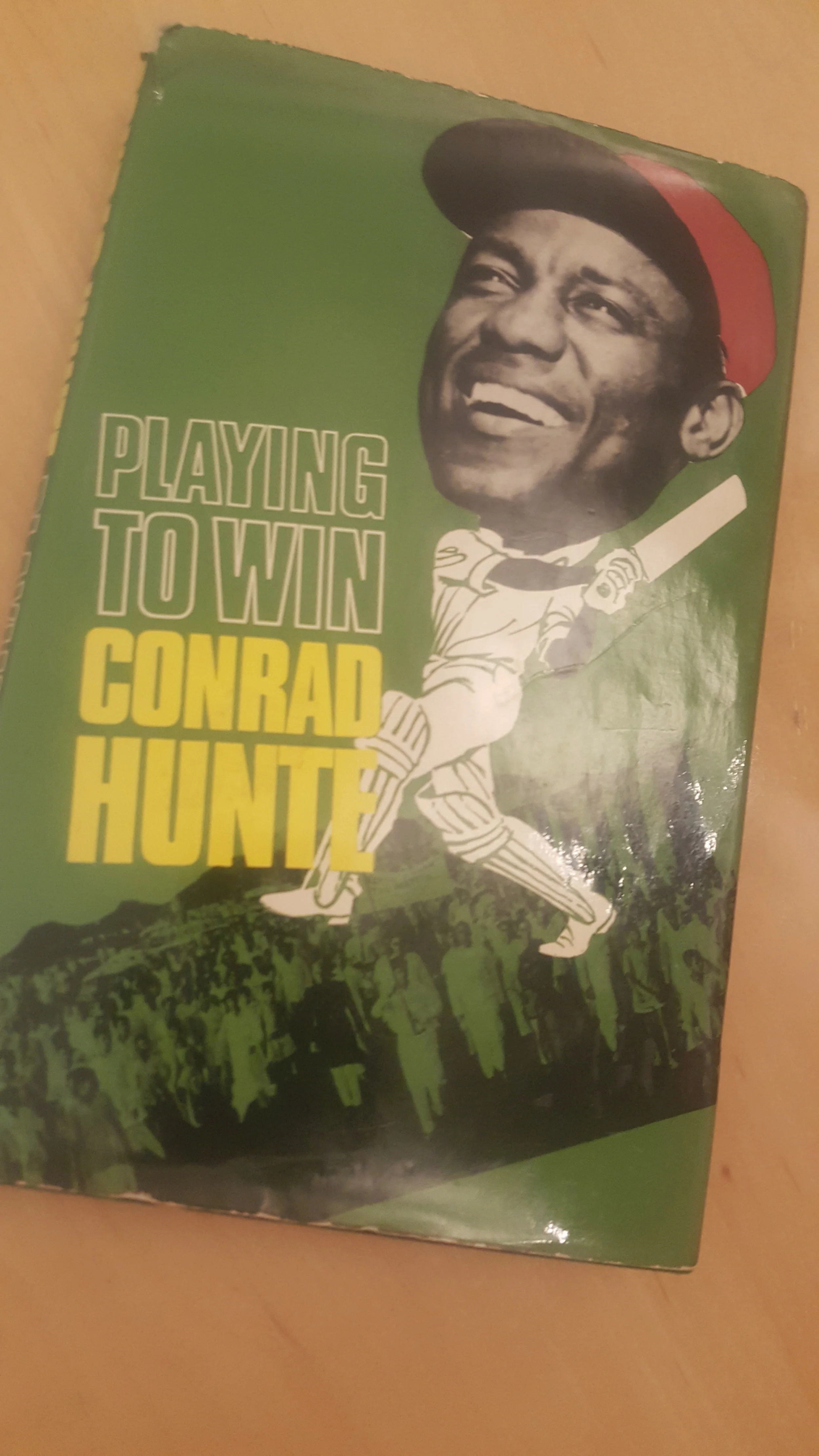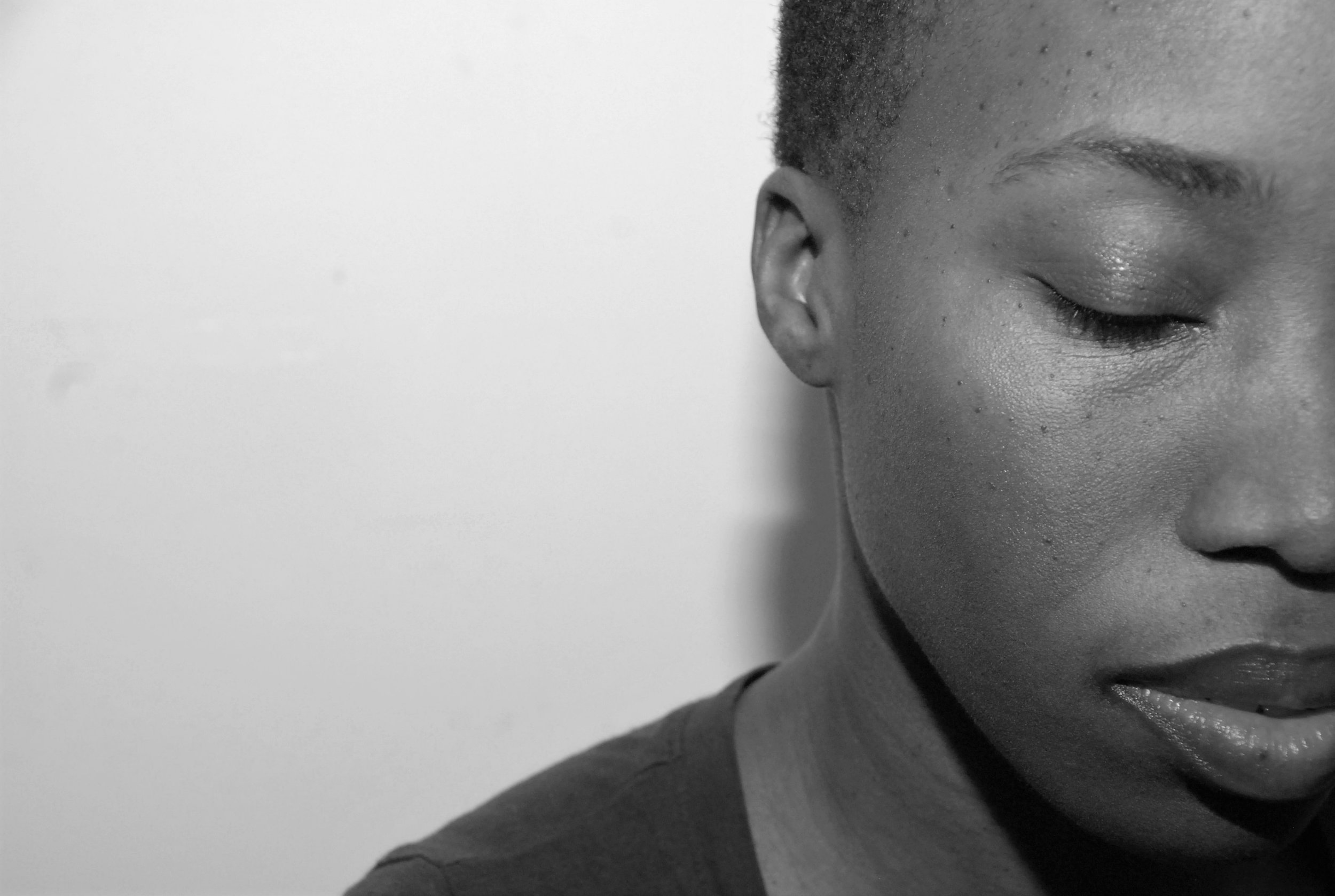A Lesson in Humility
One of my favourites spots in St. Andrew.
Growing up my family would often travel to Barbados and we would visit our many, many distant relatives in the parish of St. Andrew. Driving through this lusciously green and still parish we would pass an unassuming stretch of land my mum would point out as the Conrad Hunte Cricket Pitch. Being young, and not particularly interested in cricket, I didn't think much of it.
It wasn’t until this year, watching the England cricket tour of the West Indies, that I started thinking about those trips and the great West Indian cricketers my dad would recall. I got hold of a copy of Sir Conrad Hunte’s autobiography Playing to Win published in 1971. It details his cricketing career as an opening batsman for the West Indies from 1958-1967. During this time he played 44 Test matches amassing 3245 runs at an average of 45.06 - placing him in the annals as one of the best opening batsman for the West Indies, if not of all time.
From the last century until today, cricket has been plagued with politics. The West Indies Cricket Team is no exception. In 1960 Hunte played in the first Windies team to be captained by a Black man, Frank Worrell. His appointment was championed by the historian and cricket commentator C L R James and echoed a rise in the Pan-African Movement that saw many Caribbean islands gaining independence from European nations.
Towards the end of his cricketing career and for the rest of his life, Hunte dedicated his time to Moral Rearmament (MRA) and fighting against poverty, homelessness and racial injustices. Although it had its roots in Christian organisations, MRA was proposed as a spiritual and moral movement that welcomed people of all religions and backgrounds. They promoted the concept of living (as much as possible) according to the Four Absolutes - honesty, unselfishness, love and purity, which was later adopted into the Alcohol Anonymous 12 Step programme. Regardless of your religious or political views, the concept of the Four Absolutes is powerful with regard to personal growth and healing but also very challenging. Coming from a place of purity of thought and purity of heart brings us closer in alignment with who we want to be. Furthermore, it gives us a marker to know when we are moving from a position of anger, jealousy, hatred, etc.
One of my favourite anecdotes from Playing to Win concerns Hunte’s resentment at Sir Garfield Sobers being appointed captain instead of him. Hunte struggled with the issue for six weeks and eventually reconciled that he had to apologise to Sobers, not that he had expressed his bitterness publicly, but for the thoughts and feelings he had, as he knew it would affect himself, his game and the team. Admitting when we have negative emotions, particularly against other people, and then apologising for them is very challenging as it illuminates our vulnerabilities and weaknesses. But doing so can create necessary dialogue, as it did between Hunte and Sobers. It allows those negative emotions to be released and healed where necessary.
A stark contrast to this was demonstrated in the press last week, with England bowler David Willey questioning the selection of Barbados-born all-rounder Jofra Archer into the England squad for the forthcoming World Cup. He was reported as saying, “Whether someone should just walk in at the drop of a hat because they're available, whether that's the right thing, I don't know”. He went on to discuss his own figures and fitness and say, "I don't know Jofra particularly well. I couldn't tell you if he's got a particularly good record in white-ball cricket, to be honest”. The competition to be picked for this team is fierce and has prompted close scrutiny on the performance of many players. Wickets speak for themselves and a player secure in their own abilities and position shouldn’t feel the need to discredit a man, who will in all probability, be a teammate in a matter of weeks. Again, harbouring those feelings is no good for the player, the team or the game.
For me Playing to Win emphasises the need to be the best possible version of ourselves - in our strengths and in our weaknesses. It reaffirms the need to consistently question our motives, our thought patterns, and our emotions. Most importantly, when all else fails, come from a place of love.




